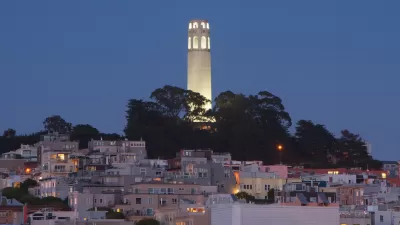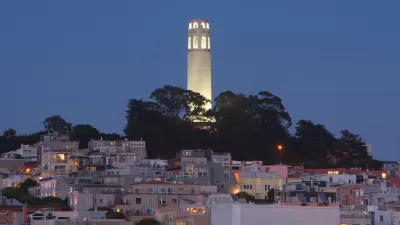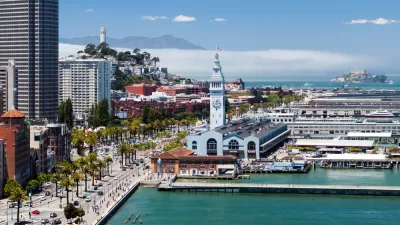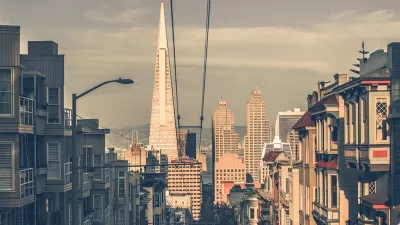San Francisco's Business Council on Climate Change serves as a 'convener' between municipal government and the private sector to tackle issues related to climate change. Writer Andrew Wade spoke with the Council's executive director, Michael Parks.

When and why was the Business Council on Climate Change formed?
It came about initially in 2005, when San Francisco hosted World Environment Day. That’s a United Nations initiative. Essentially, the UN Global Compact put a challenge to San Francisco to come up with an interesting approach to addressing a pressing environmental issue.
The discussion around climate change was really just getting started on a national level at that time. Early 2006 was when climate change was on the cover of every magazine — that was the year An Inconvenient Truth came out. So San Francisco responded to the UN challenge by putting together a pretty open-ended forum to discuss what it should do about climate change. People from the City spent time working with stakeholders to figure out what meaningful action would look like. They decided that a place for government and business to work together on climate issues would be really useful.
FULL STORY: To meet climate change goals, San Francisco tries networking

Planetizen Federal Action Tracker
A weekly monitor of how Trump’s orders and actions are impacting planners and planning in America.

Congressman Proposes Bill to Rename DC Metro “Trump Train”
The Make Autorail Great Again Act would withhold federal funding to the system until the Washington Metropolitan Area Transit Authority (WMATA), rebrands as the Washington Metropolitan Authority for Greater Access (WMAGA).

DARTSpace Platform Streamlines Dallas TOD Application Process
The Dallas transit agency hopes a shorter permitting timeline will boost transit-oriented development around rail stations.

San Francisco's School District Spent $105M To Build Affordable Housing for Teachers — And That's Just the Beginning
SFUSD joins a growing list of school districts using their land holdings to address housing affordability challenges faced by their own employees.

Car-Centric LA Suburb Looks to a Train-Oriented Future
City leaders in Rancho Cucamonga, the future western terminus of the Brightline West rail line to Las Vegas, want to reimagine the city as a transit-oriented, pedestrian-friendly community.

New Alaska Bitcoin Mine Would Burn as Much Energy as the State’s Largest Coal Plant
Fueled by “stranded” natural gas, the startup hopes to become the largest in the US, and to make Alaska an industry center.
Urban Design for Planners 1: Software Tools
This six-course series explores essential urban design concepts using open source software and equips planners with the tools they need to participate fully in the urban design process.
Planning for Universal Design
Learn the tools for implementing Universal Design in planning regulations.
Municipality of Princeton
Roanoke Valley-Alleghany Regional Commission
City of Mt Shasta
City of Camden Redevelopment Agency
City of Astoria
Transportation Research & Education Center (TREC) at Portland State University
US High Speed Rail Association
City of Camden Redevelopment Agency
Municipality of Princeton (NJ)





























